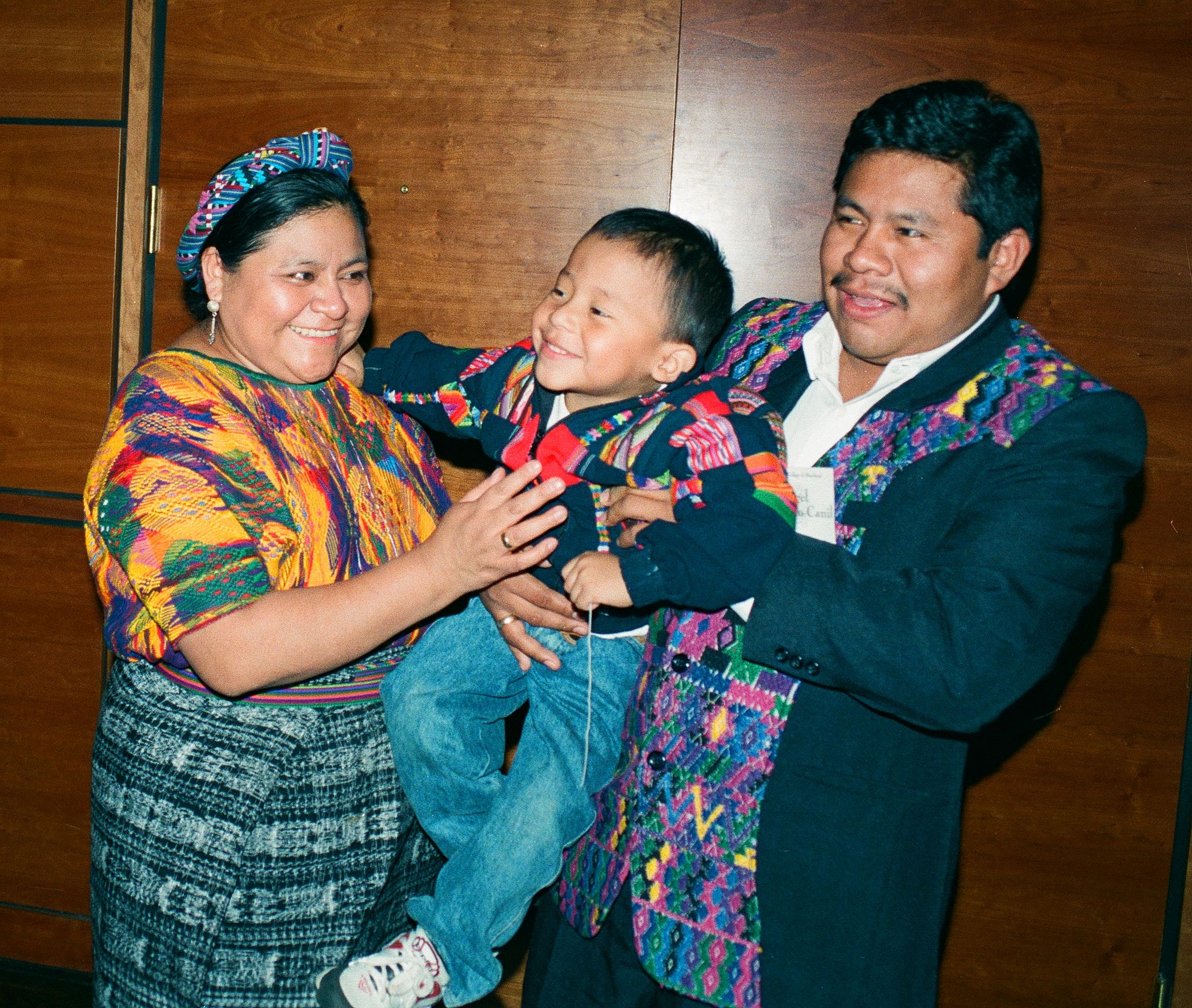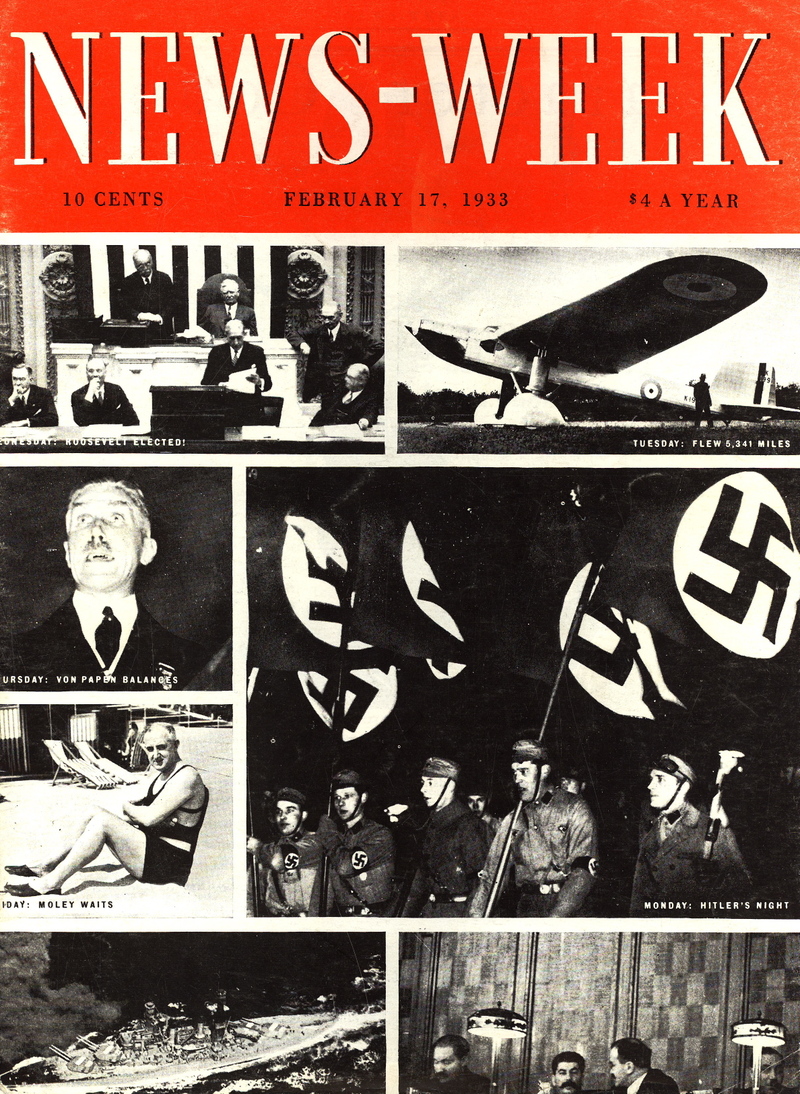|
Rigoberta Menchú
Rigoberta Menchú Tum (; born 9 January 1959) is a K'iche' Guatemalan human rights activist, feminist, and Nobel Peace Prize laureate. Menchú has dedicated her life to publicizing the rights of Guatemala's Indigenous peoples during and after the Guatemalan Civil War (1960–1996), and to promoting Indigenous rights internationally. She received the Nobel Peace Prize in 1992 and the Prince of Asturias Award in 1998, in addition to other prestigious awards. She is the subject of the testimonial biography ''I, Rigoberta Menchú'' (1983) and the author of the autobiographical work, ''Crossing Borders'' (1998), among other works. Menchú is a UNESCO Goodwill Ambassador. She ran for president of Guatemala in 2007 and 2011, having founded the country's first Indigenous political party, Winaq. Personal life Rigoberta Menchú was born to a poor Indigenous family of K'iche' Maya descent in Laj Chimel, a rural area in the north-central Guatemalan province of El Quiché. Her family was ... [...More Info...] [...Related Items...] OR: [Wikipedia] [Google] [Baidu] |
Laj Chimel
Laj Chimel or Chimel is a community located in the cloud forest of the municipality of Uspantán, San Miguel Uspantán, Quiché Department, Department of El Quiché, Guatemala. It is the birthplace of the 1992 Nobel Peace Prize winner Rigoberta Menchú Tum. Currently it is only accessible by foot or by four-wheel drive vehicles, as the road through the mountains is unpaved. It is located a short distance north of the municipal capital Uspantán, San Miguel Uspantán, about 45 minutes to an hour in vehicle. The community consists of about 17 families, including some who returned to the area after being displaced during the Guatemalan Civil War. References Populated places in Guatemala {{Guatemala-geo-stub ... [...More Info...] [...Related Items...] OR: [Wikipedia] [Google] [Baidu] |
Extradition
Extradition is an action wherein one jurisdiction delivers a person accused or convicted of committing a crime in another jurisdiction, over to the other's law enforcement. It is a cooperative law enforcement procedure between the two jurisdictions and depends on the arrangements made between them. In addition to legal aspects of the process, extradition also involves the physical transfer of custody of the person being extradited to the legal authority of the requesting jurisdiction. In an extradition process, one sovereign jurisdiction typically makes a formal request to another sovereign jurisdiction ("the requested state"). If the fugitive is found within the territory of the requested state, then the requested state may arrest the fugitive and subject him or her to its extradition process. The extradition procedures to which the fugitive will be subjected are dependent on the law and practice of the requested state. Between countries, extradition is normally regulated by t ... [...More Info...] [...Related Items...] OR: [Wikipedia] [Google] [Baidu] |
Elizabeth Burgos
Elisabeth Burgos-Debray (born in Valencia, Venezuela, in 1941) is a Venezuelan anthropologist, former wife of the French philosopher Régis Debray, as well as the editor of Rigoberta Menchú's controversial autobiography '' I, Rigoberta Menchú''. She was director of the Maison de l'Amerique Latine in Paris and of the Institut Cultural Français in Seville. Rigoberta Menchú's book Rigoberta Menchú told Burgos her life in a series of interviews. Menchu claims in the book that she couldn't read or write in Spanish very well. She also adds that her spoken Spanish was poor. For this reason, Burgos took on the role of assembling Menchu's testimony. Menchu's story speaks to her experience as an indigenous woman, as well as atrocities committed by the Guatemalan military. Menchú's story is considered one of the major texts of Latin American ''testimonios'' (testimonies). In the U.S., the title of the narrative went by the name of ''I, Rigoberta Menchu'', and in the original Spanish ( ... [...More Info...] [...Related Items...] OR: [Wikipedia] [Google] [Baidu] |
Guatemalan Armed Forces
The Guatemalan Armed Forces ( es, Fuerzas Armadas de Guatemala) consists of the National Army of Guatemala (''Ejercito Nacional de Guatemala'', ENG), the Guatemalan National Defense Navy (''Marina de la Defensa Nacional'', includes Marines), the Guatemalan Air Force (''Fuerza Aerea Guatemalteca'', FAG), and the Presidential Honor Guard (''Guardia de Honor Presidencial''). The Ministry of National Defence is the agency of the Guatemalan government responsible for the budget, training and policy of the armed forces. Based in Guatemala City, the Defence Ministry is heavily guarded, and the President of Guatemala frequently visits. the Minister of National Defence is Major General Luis Miguel Ralda Moreno. The Minister of Defense is responsible for policy. Day-to-day operations are the responsibility of the military chief of staff and the national defense staff. History Guatemala is a signatory to the Rio Pact and was a member of the Central American Defense Council (CONDECA). ... [...More Info...] [...Related Items...] OR: [Wikipedia] [Google] [Baidu] |
Human Rights
Human rights are Morality, moral principles or Social norm, normsJames Nickel, with assistance from Thomas Pogge, M.B.E. Smith, and Leif Wenar, 13 December 2013, Stanford Encyclopedia of PhilosophyHuman Rights Retrieved 14 August 2014 for certain standards of human behaviour and are regularly protected in Municipal law, municipal and international law. They are commonly understood as inalienable,The United Nations, Office of the High Commissioner of Human RightsWhat are human rights? Retrieved 14 August 2014 fundamental rights "to which a person is inherently entitled simply because she or he is a human being" and which are "inherent in all human beings",Burns H. Weston, 20 March 2014, Encyclopædia Britannicahuman rights Retrieved 14 August 2014. regardless of their age, ethnic origin, location, language, religion, ethnicity, or any other status. They are applicable everywhere and at every time in the sense of being Universality (philosophy), universal, and they are Egalitari ... [...More Info...] [...Related Items...] OR: [Wikipedia] [Google] [Baidu] |
Committee For Peasant Unity
The Committee for Peasant Unity (Spanish: Comité de Unidad Campesina, CUC) was an indigenous Guatemalan labor organization. It has been described as the most potent peasant organization since the 1944–1954 Guatemalan Revolution. __NOTOC__ Formation In the aftermath of the 1954 Guatemalan coup d'état, a series of leftist insurgencies began in the Guatemalan countryside, against the United States supported military governments of the country. A prominent guerrilla group among these insurgents was the Rebel Armed Forces (Spanish: Fuerzas Armadas Rebeldes, FAR). The FAR was largely crushed by a counter-insurgency campaign carried out by the Guatemalan government with the help of the U.S. in the late 1960s. Those of the FAR's leadership that had survived this campaign came together to form the Ejército Guerrillero de los Pobres (EGP) in Mexico City in the 1970s. The Committee for Peasant Unity (Comité de Unidad Campesina) was launched on 15 April 1978, and was described by its fou ... [...More Info...] [...Related Items...] OR: [Wikipedia] [Google] [Baidu] |
San Pedro Jocopilas
San Pedro Jocopilas is a municipality in the Guatemalan department of El Quiché. Notable residents *Rigoberta Menchú, Mayan Mayan most commonly refers to: * Maya peoples, various indigenous peoples of Mesoamerica and northern Central America * Maya civilization, pre-Columbian culture of Mesoamerica and northern Central America * Mayan languages, language family spoken ... human rights activist, and Nobel Peace Prize laureate Municipalities of the Quiché Department {{Guatemala-geo-stub ... [...More Info...] [...Related Items...] OR: [Wikipedia] [Google] [Baidu] |
Newsweek
''Newsweek'' is an American weekly online news magazine co-owned 50 percent each by Dev Pragad, its president and CEO, and Johnathan Davis (businessman), Johnathan Davis, who has no operational role at ''Newsweek''. Founded as a weekly print magazine in 1933, it was widely distributed during the 20th century, and had many notable editors-in-chief. The magazine was acquired by The Washington Post Company in 1961, and remained under its ownership until 2010. Revenue declines prompted The Washington Post Company to sell it, in August 2010, to the audio pioneer Sidney Harman for a purchase price of one dollar and an assumption of the magazine's liabilities. Later that year, ''Newsweek'' merged with the news and opinion website ''The Daily Beast'', forming The Newsweek Daily Beast Company. ''Newsweek'' was jointly owned by the estate of Harman and the diversified American media and Internet company IAC (company), IAC. ''Newsweek'' continued to experience financial difficulties, whic ... [...More Info...] [...Related Items...] OR: [Wikipedia] [Google] [Baidu] |
Fort Worth Star-Telegram
The ''Fort Worth Star-Telegram'' is an American daily newspaper serving Fort Worth and Tarrant County, the western half of the North Texas area known as the Metroplex. It is owned by The McClatchy Company. History In May 1905, Amon G. Carter accepted a job as an advertising space salesman in Fort Worth. A few months later, he agreed to help finance and run a new newspaper in town. The ''Fort Worth Star'' printed its first newspaper on February 1, 1906, with Carter as the advertising manager. The ''Star'' lost money, and was in danger of going bankrupt when Carter had an audacious idea: raise additional money and purchase his newspaper's main competition, the ''Fort Worth Telegram''. In November 1908, the ''Star'' purchased the ''Telegram'' for $100,000, and the two newspapers combined on January 1, 1909, into the ''Fort Worth Star-Telegram''. From 1923 until after World War II, the ''Star-Telegram'' was distributed over one of the largest circulation areas of any newspaper in t ... [...More Info...] [...Related Items...] OR: [Wikipedia] [Google] [Baidu] |
Policía Nacional Civil (Guatemala)
The Policía Nacional Civil (Guatemala) (Spanish: ''Policía Nacional Civil de Guatemala'' or ''PNC'') is the police force of Guatemala and is an agency of the Guatemalan Ministry of the Interior. The PNC is in charge of protecting public order. History Upon the signing of the Peace Accords in 1996, the Policía Nacional Civil (PNC) was founded on the 17th of July in 1997 by merging the former National Police and Treasury Guard. Immediately, the force was expanded across all departments of Guatemala, and by August 1999 (just two years later), the PNC managed to cover all 22 departments. Currently, six district headquarters, twenty-seven police stations, one hundred and twenty-seven stations, and 343 substations have been deployed across Guatemala. Eight mobile units may also be deployed in Guatemala City to violent areas to control crime. The PNC training was coordinated by the European Union (EU), which developed the "Program of Support for the National Security Policy" throug ... [...More Info...] [...Related Items...] OR: [Wikipedia] [Google] [Baidu] |
Burning Of The Spanish Embassy
The Burning of the Spanish Embassy (sometimes called the Spanish Embassy Massacre or the Spanish Embassy Fire) refers to the occupation of the Spanish Embassy in Guatemala City, Guatemala, on January 31, 1980, by indigenous peasants of the Committee for Peasant Unity and their allies and the subsequent police raid that resulted in a fire which destroyed the embassy and left 37 people dead. The incident has been called "the defining event" of the Guatemalan Civil War. Spain terminated diplomatic relations with Guatemala as a result. History Background In January 1980 a group of K'iche' and Ixil peasant farmers, recruited for a march to Guatemala City to protest the kidnapping and murder of peasants in Uspantán, in Quiché department, by elements of the Guatemalan Army. The peasants were organized, guided and joined by members of the ''Comité de Unidad Campesina'' (Committee of Peasant Unity) and a radical student organization known as the Robin García Revolutionary Student F ... [...More Info...] [...Related Items...] OR: [Wikipedia] [Google] [Baidu] |



.jpg)

